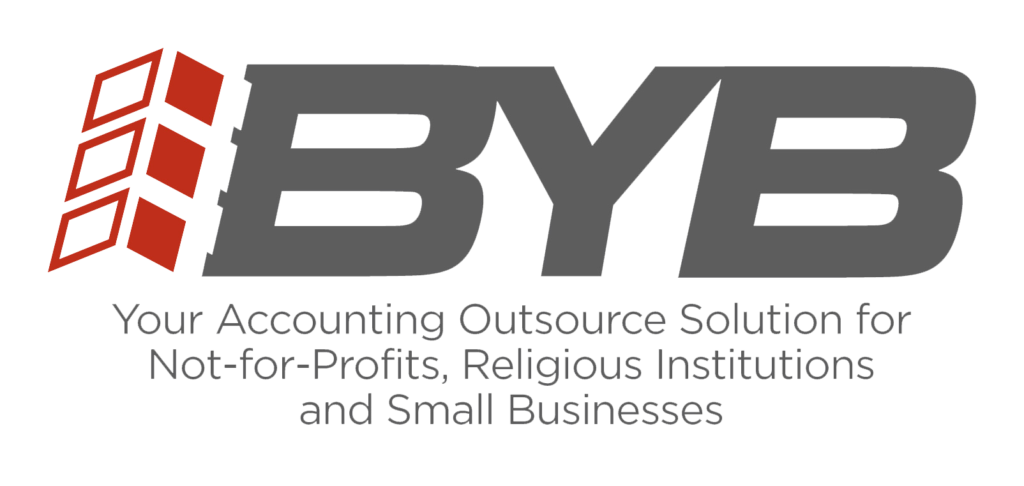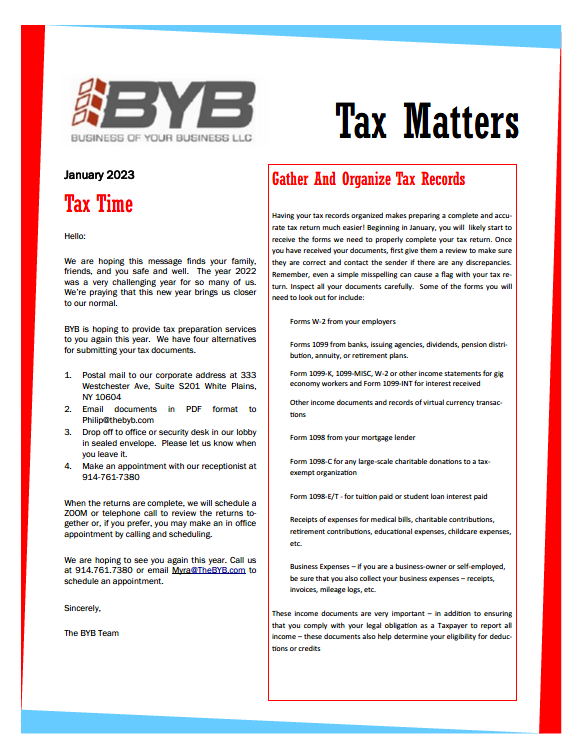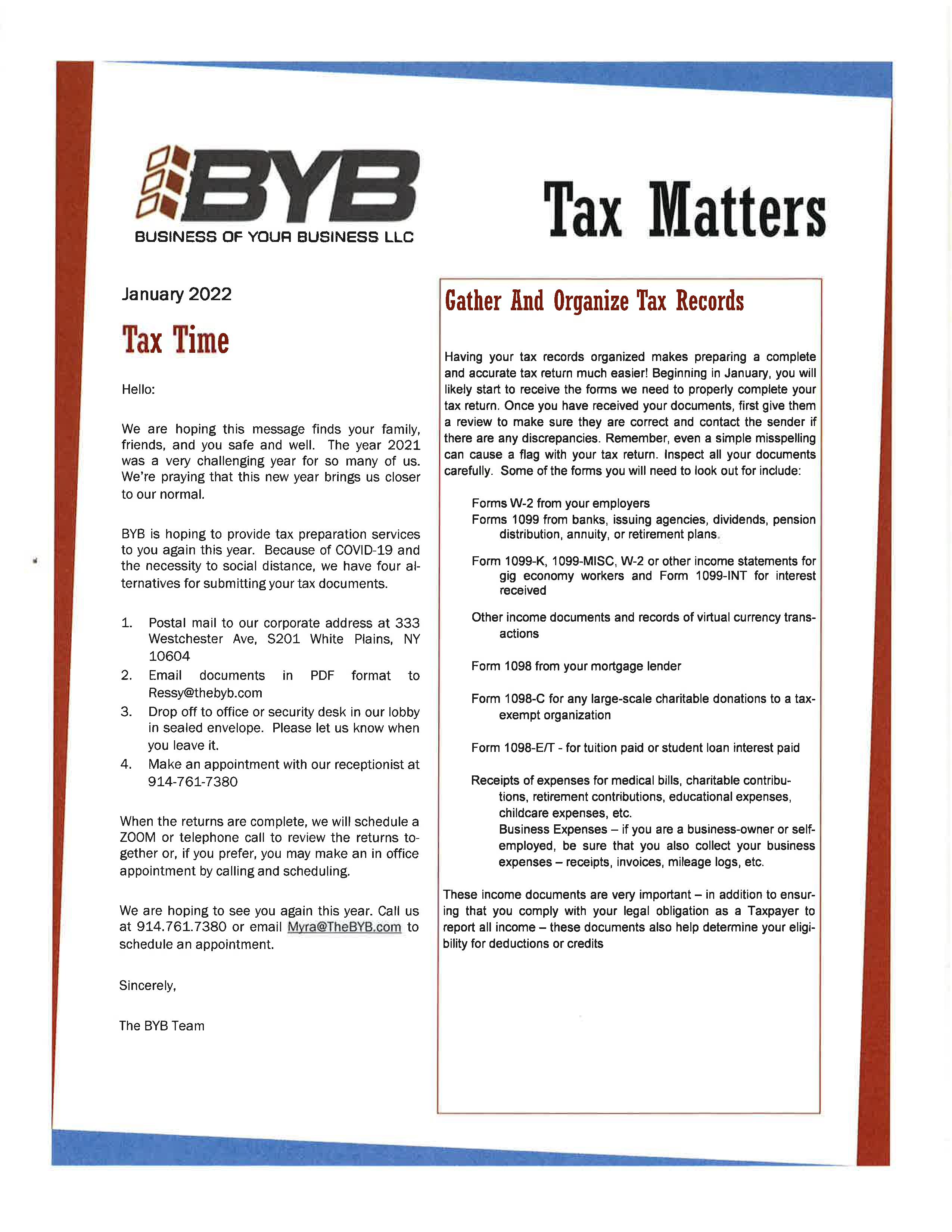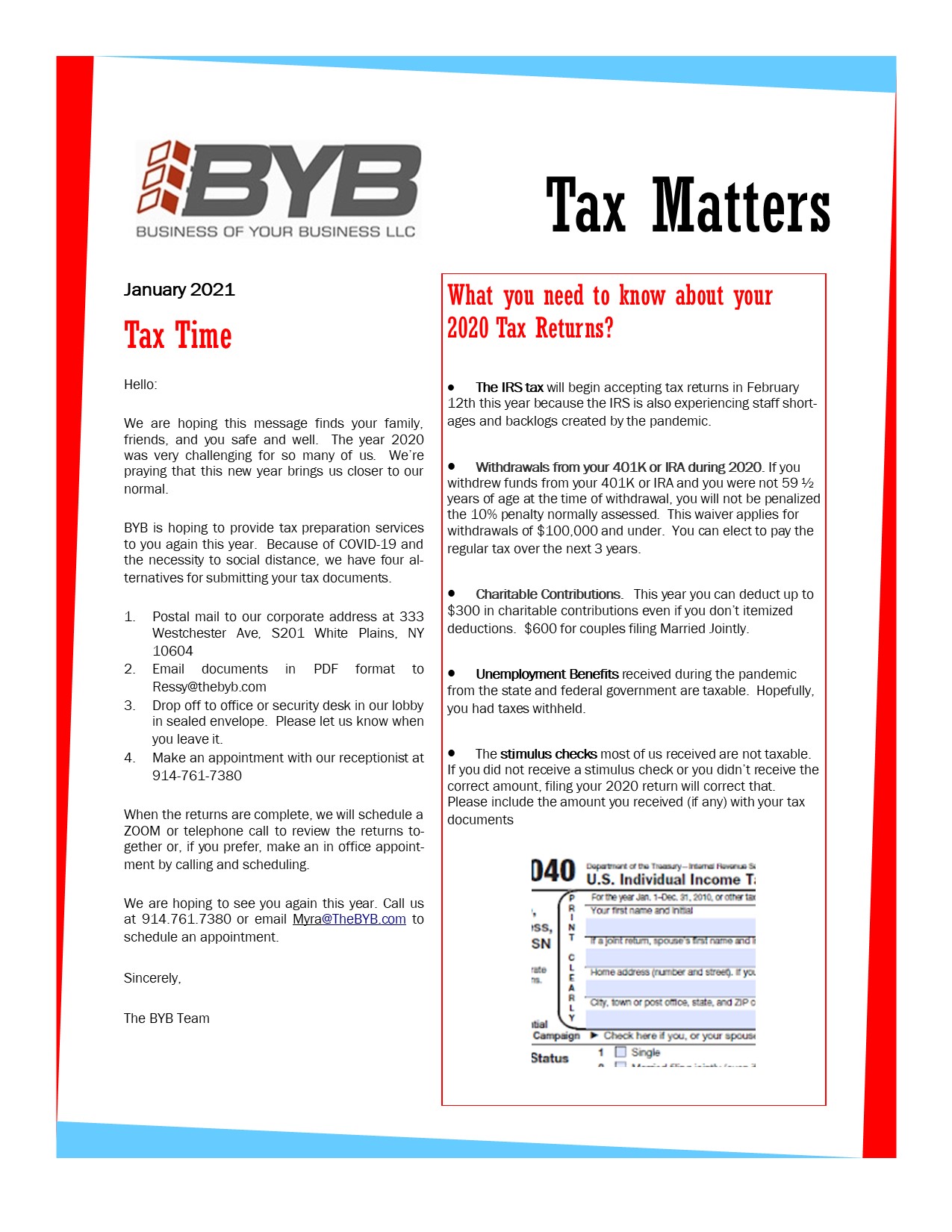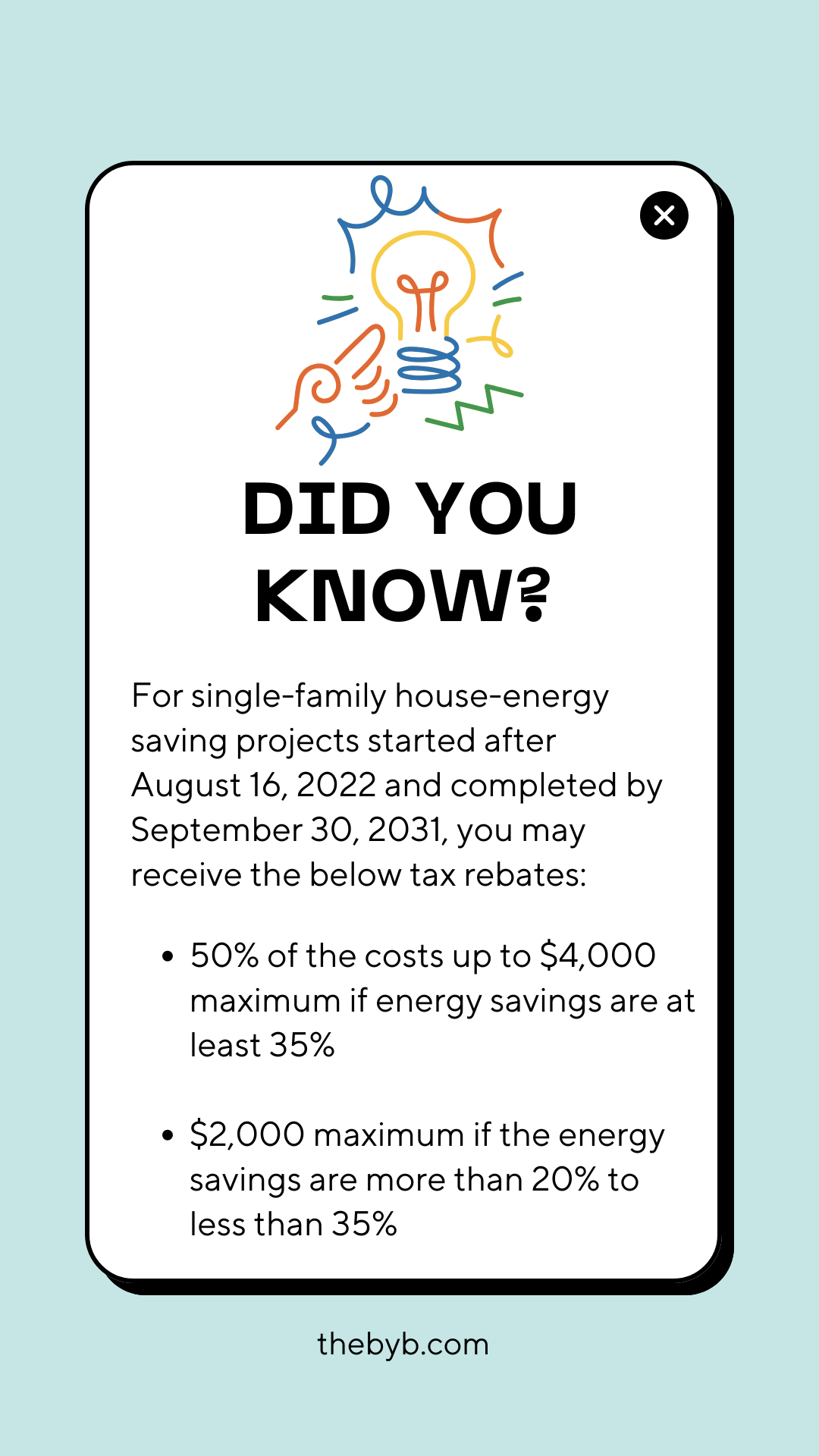
Tag: Deductions (page 2 of 2)

If you installed a solar panel system or another type of renewable energy system during 2023 to your home, you may be eligible for a tax credit which would be equal to around 30% of the total cost of installation.
Get a jump start on next year’s return! The government is constantly coming out with new ways to save on taxes every year. This year the best ways to do so involve energy home savings and electric cars which you can find below:
1) For single-family house-energy savings projects started after August 16, 2022 and that will be completed by September 30, 2031, you may receive the below rebates:
– 50% of the costs up to $4000 maximum if energy savings are at least 35%
– $2000 maximum if the energy savings are more than 20% to less than 35%
2) For new construction of energy saving appliances, the following maximum rebates can be achieved:
– $1750 for a heat pump water heater
– $8000 for a heat pump for space heating or cooling
– $840 for either an electric stove, oven, etc. or an electric heat pump clothes dryer
–
3) For new construction of non-appliance upgrades, the following maximum rebates can be achieved:
– $4000 for an electric load service center upgrade
– $1600 for insulation, air sealing, and ventilation
– $2500 for electric wiring
–
4) The Clean Vehicle Tax Credit – this is a $7500 credit for yourself if you:
– buy a new electric vehicle that has final assembly in North America
– is a four-wheel vehicle and is for use on public streets
– has a minimum battery capacity of 7 kilowatt-hours
– does not exceed $80,000 for vans, SUVs, and pick-ups and $55,000 for other vehicles
To achieve the above credit, your adjusted gross income (AGI) must not exceed:
$300,000 for Married Filing Jointly
$225,000 for Head of Household
$150,000 for all others
 Beginning on Jan. 1, 2019, the standard mileage rates for the use of a car (also vans, pickups or panel trucks) will be:
Beginning on Jan. 1, 2019, the standard mileage rates for the use of a car (also vans, pickups or panel trucks) will be:
- 58 cents per mile driven for business use, up 3.5 cents from the rate for 2018,
- 20 cents per mile driven for medical or moving purposes, up 2 cents from the rate for 2018, and
- 14 cents per mile driven in service of charitable organizations.
It is important to note that under the Tax Cuts and Jobs Act, taxpayers cannot claim a miscellaneous itemized deduction for unreimbursed employee travel expenses. Taxpayers also cannot claim a deduction for moving expenses, except members of the Armed Forces on active duty moving under orders to a permanent change of station.
For more details see Notice-2019-02.
![]()
President Trump recently signed the tax reform bill into law which resulted into major changes to the code for both individuals and corporations. Here is a brief summary of the changes that will affect most of you.
- Tax Brackets – Same number of brackets, different tax rates and different ranges. If your taxable income is the same in 2018 as was 2017, you will pay less federal taxes. A lot of the difference are in the changes leading to “taxable income”.
- The marriage penalty is almost gone. – Under the old law the combined income for a married couple was taxed at a higher rate than the same total income for 2 individuals. For example: a single person with taxable income of $90K would be in the 25% bracket. A couple with $180k in taxable income is in the 28% bracket. Under the new law, both cases are in the 25% bracket.
- New Standard Deductions
| Filing Status | Old Law | New Law |
| Single | $6,500 | 12,000 |
| MFJ | 13,000 | 24,000 |
| MFS | 6,500 | 12,000 |
| HOH | 9,350 | 18,000 |
- Capital Gains (stock sales and sales of other appreciated assets)
-
- Short term gains are taxed as ordinary income (no difference)
- Long term rates are as follows:
| Single | MFJ | HOH | MFS | |
| 0% up to: | $38,600 | $77,200 | $51,700 | $38,600 |
| 15% up to: | 425,000 | 479,000 | 452,400 | 239,500 |
| 20% over | 425,000 | 479,000 | 452,400 | 239,500 |
- Tax Breaks for Parents. The child tax credit is increased from $1,000 per child to $2,000 per child. Of that amount $1,400 is refundable. In addition, the phase out for eligibility is expanded.
| Tax Status | Old Law | New Law |
| MFJ | $110,000 | $400,000 |
| Individuals | $75,000 | $200,000 |
-
- If children are 17 years and older or you care for elderly relatives, you can claim a nonrefundable credit of $500 each.
- Home mortgage interest can only be taken for mortgage balances up to $750,000. This was previously $1 million. This applies to loans taken after Dec. 15, 2017. Interest on home equity debt can no longer be deducted.
- State and Local Tax Deduction (SALT) is now limited to $10,000.
- Deductions that are disappearing:
-
- Casualty and theft losses
- Unreimbursed employee expenses
- Moving expenses
- Pass-through income from sole proprietorship, LLCs, partnerships, and S corporations will be able to deduct 20% of the profit. There are phaseout income limits that apply to “professional services” business owners. They are $157,500 and $315,000 for individuals and married couples respectively.
- Corporate tax rates have been reduced for most corporations, but not for all. A corporation with profit below $50,000 will pay more in taxes. The new rate is 21% for all profits. The old rates were:
| From | To | Rate |
| $0 | $50,000 | 15% |
| 50,000 | 75,000 | 25% |
| 75,000 | 100,000 | 34% |
| 100,000 | 335,000 | 39% |
- Interesting: If in 2017 your corporate profit was $50,000; your federal tax was $7,500 (50K * 15%). That tax increases under the new law to $10,500 (50K * 21%). Let’s hope this is corrected soon.
© 2025 Business of Your Business
Theme by Anders Noren — Up ↑
